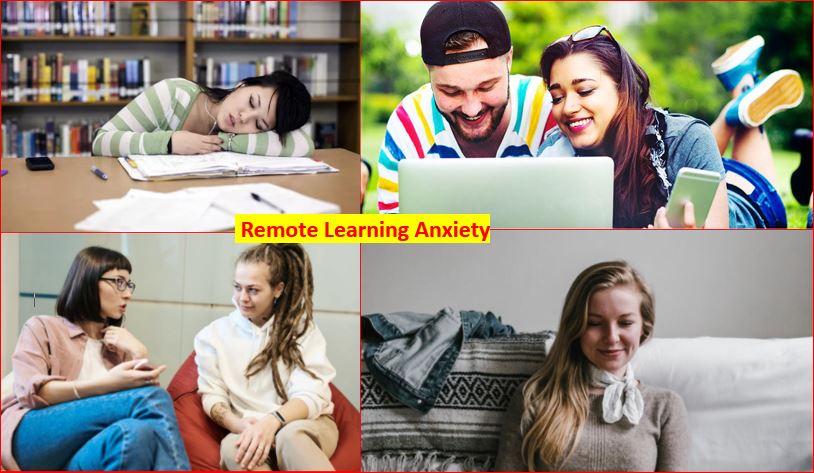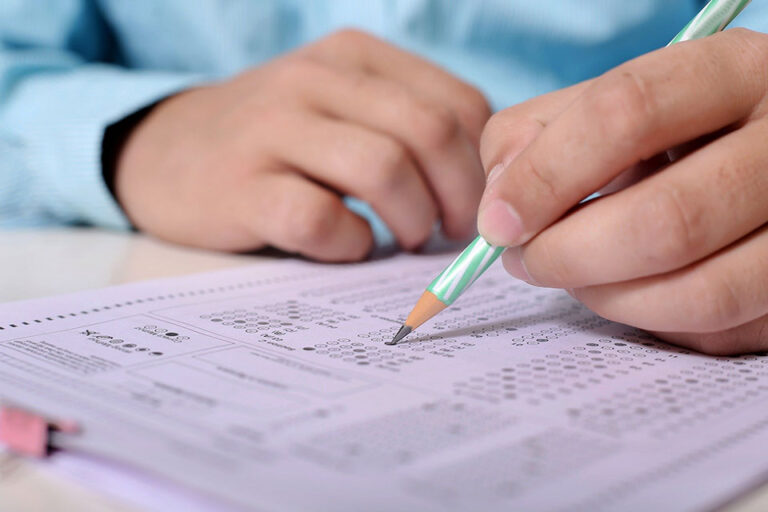While many students have returned to the classroom, there are still a lot of students that are learning remotely. Even those that have returned to the classroom may be learning digitally and socially distanced. This may be causing a lot of anxiety in students from their first years in school all the way to those attending a university or college.
A good therapist can help you or your child deal with anxiety in a healthy way. However, it is important to find the right therapist for you. Read this article to learn more about finding a good therapist.
The Effect of Remote Learning
Social distancing and remote learning make social interaction difficult. This can cause feelings of despair, loneliness, and isolation. Sometimes these emotions are brand new to a student, while other times they are just strengthened in someone due to the unusual circumstances.
Teenagers already experience a high rate of anxiety, but these conditions can exasperate these emotions. Not only are students of all ages experiencing fear and anxiety about work, the economy, the virus, and their friends and family, but they also do not have the type of support system that they have grown accustomed to.
Even if our children can talk to the people we did before the pandemic, emotions are often hidden by masks. We are also not able to shake hands, hug, and high five in the way that we used to. Social touch is important for our mental health and overall wellbeing.
Education is incredibly important, but so is our mental health. A balance between the two needs to be met. If you are experiencing severe anxiety that is focused on a heavy workload, speak with your teacher.
Screen Anxiety
Screen anxiety happens when students resist or avoid participation in distance learning. Younger students may get angry or nervous, teens and older students may experience a fear like social anxiety.
Routine may be a good way to help set expectations. Things as simple as waking up and eating at the same time every day can help our minds adjust. This can be beneficial to our mental health. It is also important to work relaxation into your schedule, even if you seem too busy.
If your child is having too much anxiety to speak or appear on camera, try to get them to participate through typing messages. It is important that a student is not completely cut off because we all need social interaction. However, this type of education is new for most students and it is important to ease them into it.
You can also speak to the teacher to make sure they understand that your child has experienced anxiety because of the unusual circumstances. It may also be a good idea to ease your child into using Zoom. You can do this by allowing them to speak with people they know well virtually. Call family members or close friends virtually so that you and your child can experience the technology together. This can add comfort to the experience and help to ease a student into learning virtually or remotely.
It is important to have open communication. Speak with your child and ask open-ended questions. Find out the reasons that they are experiencing this anxiety and try to relate and empathize with them. It may be necessary to make compromises so that your child can learn what they need to without experiencing severe anxiety.
Finally, it is important to give your child as much social interaction as possible without putting them at risk of catching the virus. This means that you should allow them to play online with friends, call family members, or even get a pet. You should also interact with them as much as possible.










